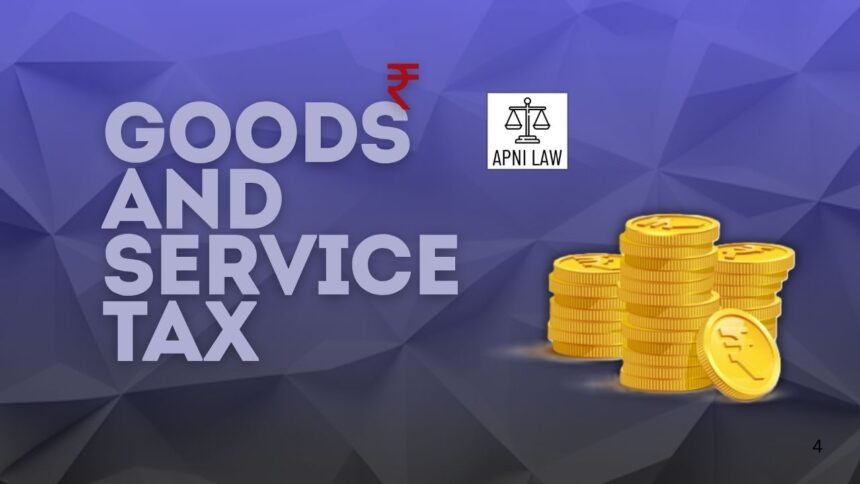Businesses registered under GST must follow various compliance requirements. Failure to meet these obligations results in penalties and late fees in GST. The law strictly penalizes delayed filings, fraudulent activities, and incorrect invoicing. Here’s a complete explanation of the penalties imposed under the GST Act.
Are There Late Fees for Not Filing Returns on Time
Any registered person who fails to file the outward supply details under Section 37 or fails to submit returns under Section 39, Section 45, or Section 52 must pay a late fee. This fee is ₹100 per day for each day the delay continues, subject to a maximum of ₹5,000.
If the registered person does not file the annual return required under Section 44 by the due date, they are liable to pay ₹100 per day. However, this amount is capped at 0.25% of their turnover in the State or Union Territory.
What Are The Penalties for GST Offences
A taxable person commits an offence if they supply goods or services without issuing an invoice, or issue a false or incorrect invoice. Issuing an invoice without any actual supply also attracts penalties. If a person collects tax but does not pay it to the Government within three months, they will face penalties. The same applies to those who collect tax illegally and fail to deposit it.
Penalties also apply to persons who fail to deduct or collect tax under Sections 51 or 52. If a person wrongly avails or uses input tax credit (ITC) without receiving goods or services, or fraudulently claims refunds, they will be penalized. Distributing ITC in violation of Section 20 also attracts penalty.
Furnishing false information, tampering with financial records, and obstructing tax officers are serious offences under GST.
Operating without registration, providing false registration details, or transporting goods without proper documents also fall under punishable activities. If a person suppresses turnover, fails to maintain records, or refuses to share requested documents, they face heavy penalties. Using another person’s registration number, tampering with evidence, or disposing of detained goods are also punishable.
For any of the above violations, the penalty will be ₹10,000 or the amount equal to the tax evaded or not deducted, or ITC wrongly availed or refund claimed, whichever is higher.
Any person who gains from the above fraudulent activities, especially those covered under supply without invoice or wrongful ITC, must pay a penalty equal to the amount of tax evaded or ITC misused.
Are Penalties Based on Intent
If a registered person does not pay tax, pays short, receives an erroneous refund, or wrongly claims ITC due to reasons other than fraud or suppression of facts, they must pay a penalty of ₹10,000 or 10% of the tax due, whichever is higher.
If these acts are done with fraud, willful misstatement, or suppression of facts, then the penalty will be ₹10,000 or equal to the tax due, whichever is higher.
What Is The Penalty for Assisting GST Offences
Any person who aids or abets the above offences or helps deal with goods or services that are liable for confiscation will face penalties. Anyone who fails to respond to a summons, does not issue proper invoices, or avoids proper accounting of invoices may be penalized. These violations can attract penalties of up to ₹25,000.
What Is The Penalty on E-Commerce Operators
An electronic commerce operator who is liable to collect tax at source under Section 52 must follow strict rules. If they allow unregistered persons (other than those exempted) to supply goods or services through their platform, they will face penalties. They must not allow inter-State supplies from persons who are ineligible. If they fail to report accurate outward supply details involving exempted persons, they will be penalized.
In such cases, the penalty will be ₹10,000 or the tax amount that would have been payable if the supply had been made by a registered person, whichever is higher.
Conclusion
GST compliance is crucial for every registered taxpayer and platform operator. The law imposes strict penalties for late filing, fraud, false invoicing, and other violations. Businesses must ensure accurate filing, tax payment, and documentation to avoid penalties. Following GST rules not only prevents legal issues but also helps maintain financial credibility and operational efficiency.








